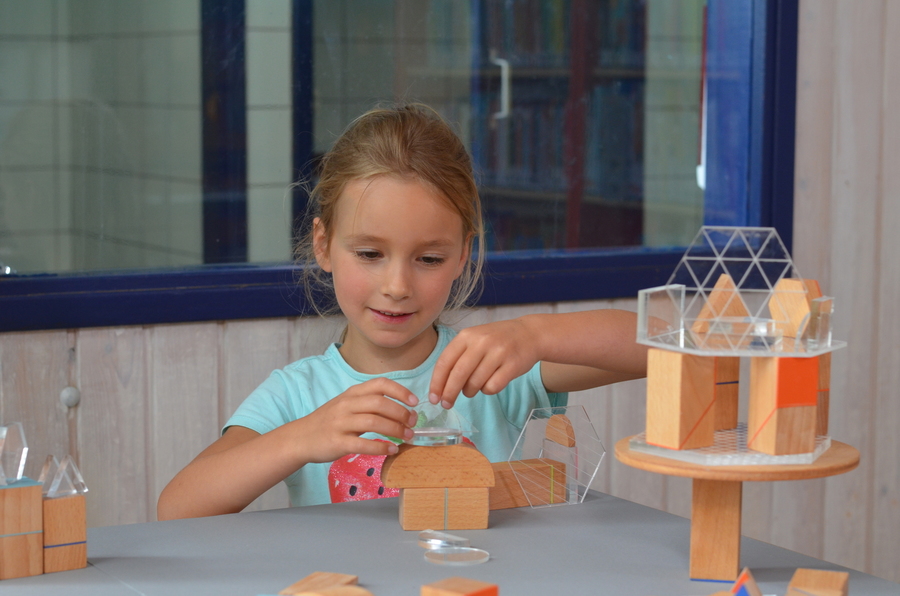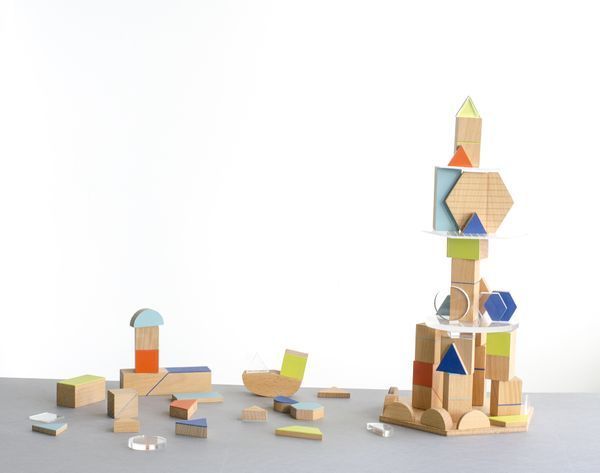Difference between revisions of "De Rotterdamse Set"
m (Text replacement - "{{GraduationYear selector |Year=2018 }}" to "{{Category selector |Category=2018 }}") |
|||
| (6 intermediate revisions by 4 users not shown) | |||
| Line 1: | Line 1: | ||
{{Article | {{Article | ||
|Subtitle=Speel je Wijs | |Subtitle=Speel je Wijs | ||
| − | |Image= | + | |Image=De Rotterdamse Set Robin.JPG |
| − | |Article=Children discover the world trough play; they get experience by trying self-initiated things. Those experiences will help them later on in life to estimate situations. | + | |Article=Children discover the world trough play; they get experience by trying self-initiated things. Those experiences will help them later on in life to estimate situations. There is not a lot of room in Dutch primary schools for this natural learning process. Nearly all schools have a clear and set program which lives is measurable and thought through, but it leaves no possibility to base the education on the children’s interests. |
I have made a set of toys for children from 4 to 8 years old. While playing with them, children can discover geometric principles. The set is made to use at primary schools. With my design I want to contribute in the development of more flexible and child-oriented education. In this education the child’s interest in the subject is very important. With my design I connect with children’s investigative attitude: the education becomes more relevant to the child because it’s self-directed. In this way, children will have a beter learning experience and enjoy school more. | I have made a set of toys for children from 4 to 8 years old. While playing with them, children can discover geometric principles. The set is made to use at primary schools. With my design I want to contribute in the development of more flexible and child-oriented education. In this education the child’s interest in the subject is very important. With my design I connect with children’s investigative attitude: the education becomes more relevant to the child because it’s self-directed. In this way, children will have a beter learning experience and enjoy school more. | ||
| + | |||
| + | [[File:De rotterdamse set 2.jpg|thumb|De Rotterdamse Set]] | ||
}} | }} | ||
{{Links external | {{Links external | ||
| Line 18: | Line 20: | ||
{{Category selector | {{Category selector | ||
|Category=Education | |Category=Education | ||
| + | }} | ||
| + | {{Category selector | ||
| + | |Category=2018 | ||
}} | }} | ||
{{Articles more}} | {{Articles more}} | ||
Latest revision as of 16:35, 14 June 2019
Contents
The wikipage input value is empty (e.g. SomeProperty::, [[]]) and therefore it cannot be used as a name or as part of a query condition.
Children discover the world trough play; they get experience by trying self-initiated things. Those experiences will help them later on in life to estimate situations. There is not a lot of room in Dutch primary schools for this natural learning process. Nearly all schools have a clear and set program which lives is measurable and thought through, but it leaves no possibility to base the education on the children’s interests.
I have made a set of toys for children from 4 to 8 years old. While playing with them, children can discover geometric principles. The set is made to use at primary schools. With my design I want to contribute in the development of more flexible and child-oriented education. In this education the child’s interest in the subject is very important. With my design I connect with children’s investigative attitude: the education becomes more relevant to the child because it’s self-directed. In this way, children will have a beter learning experience and enjoy school more.
Links
CONTRIBUTE
Feel free to contribute to Beyond Social.










